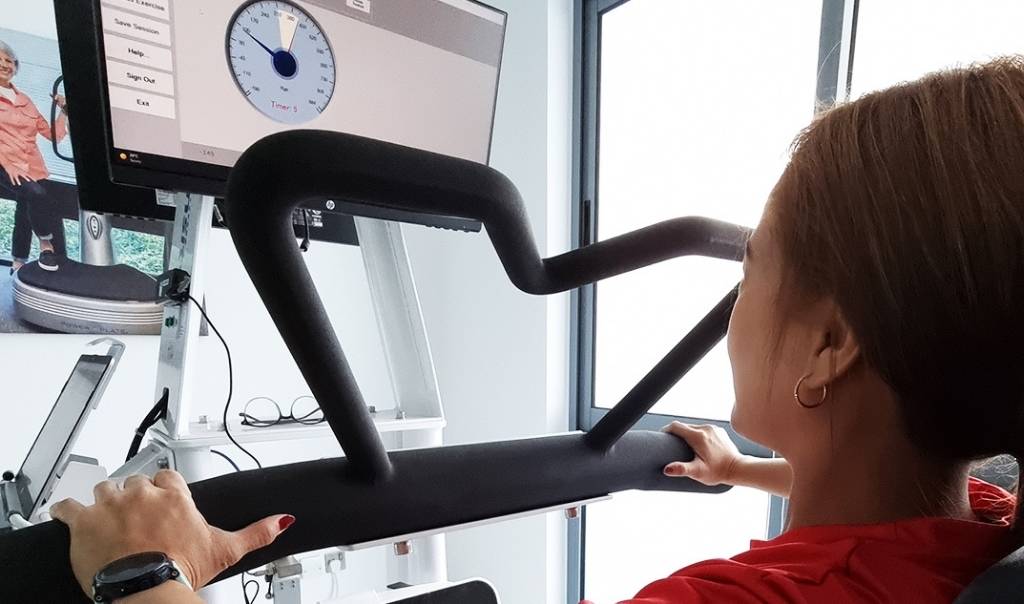There are numerous ways to
improve bone strength. Continue reading to find natural ways to increase bone density.
- Strength Training and Weightlifting
Both weightlifting and strength training can help promote new bone formation and maintain current bone structure.
Bone density is improved by engaging in weight-bearing physical activity throughout peak bone-growth years. Weight and strength training has the following advantages:
- Improved bone mineral density
- Increased bone mass
- Reduced inflammation
- Protection against bone deterioration
- Muscle mass gain
- Calcium Consumption Throughout the Day
The most important vitamin for bone health is calcium. It’s critical to acquire adequate calcium in your diet as your bones break down and expand every day.
Rather than having one high-calcium meal per day, consume little doses of calcium throughout the day. Unless your doctor instructs you differently, calcium should be taken through diet. Calcium-rich foods include:
- Milk
- Cheese
- Yogurt
- Kale and other leafy greens
- Avoiding a Low-Calorie Diet
Low-calorie diets can cause health concerns, including loss of bone density. As with all sports, discuss calorie requirements with a healthcare physician before beginning a diet to identify a safe calorie target. Protein, lipids, vitamins, and minerals should be balanced in any diet.
- Musculoskeletal Exercises
Pain, stiffness, and inflammation in one or more joints or muscles are symptoms of musculoskeletal conditions. Exercises that specifically target our musculoskeletal system can help alleviate some of these symptoms while improving joint mobility and strength.
The following exercises can help with flexibility, strength, and overall fitness:
- Chair exercises
- Swimming or water workout
- Walking
- Low-impact aerobics
- Strength training
- Whole body vibration
- Increasing Your Veggie Consumption
Vegetables are high in vitamins, minerals, and fiber and low in calories. Vitamin C may prevent bones from deterioration. Green and yellow veggies aid bone development in children and maintain bone density and strength in adults.
- Increasing Your Protein Intake
Protein is important for bone health and density, and you should make sure you get enough of it in your diet.
You will notice an increase in overall bone density if you consume more protein. In addition, you will have fewer forearm fractures. Before making any significant changes to your protein intake, consult your doctor.
- Quitting Smoking
The consequences of smoking are well-known. Many people identify smoking with lung cancer and breathing problems, but it can also lead to bone diseases like osteoporosis and raise the risk of bone fractures. Avoid smoking, especially during your teen and young adult years, to maintain healthy bone strength.


